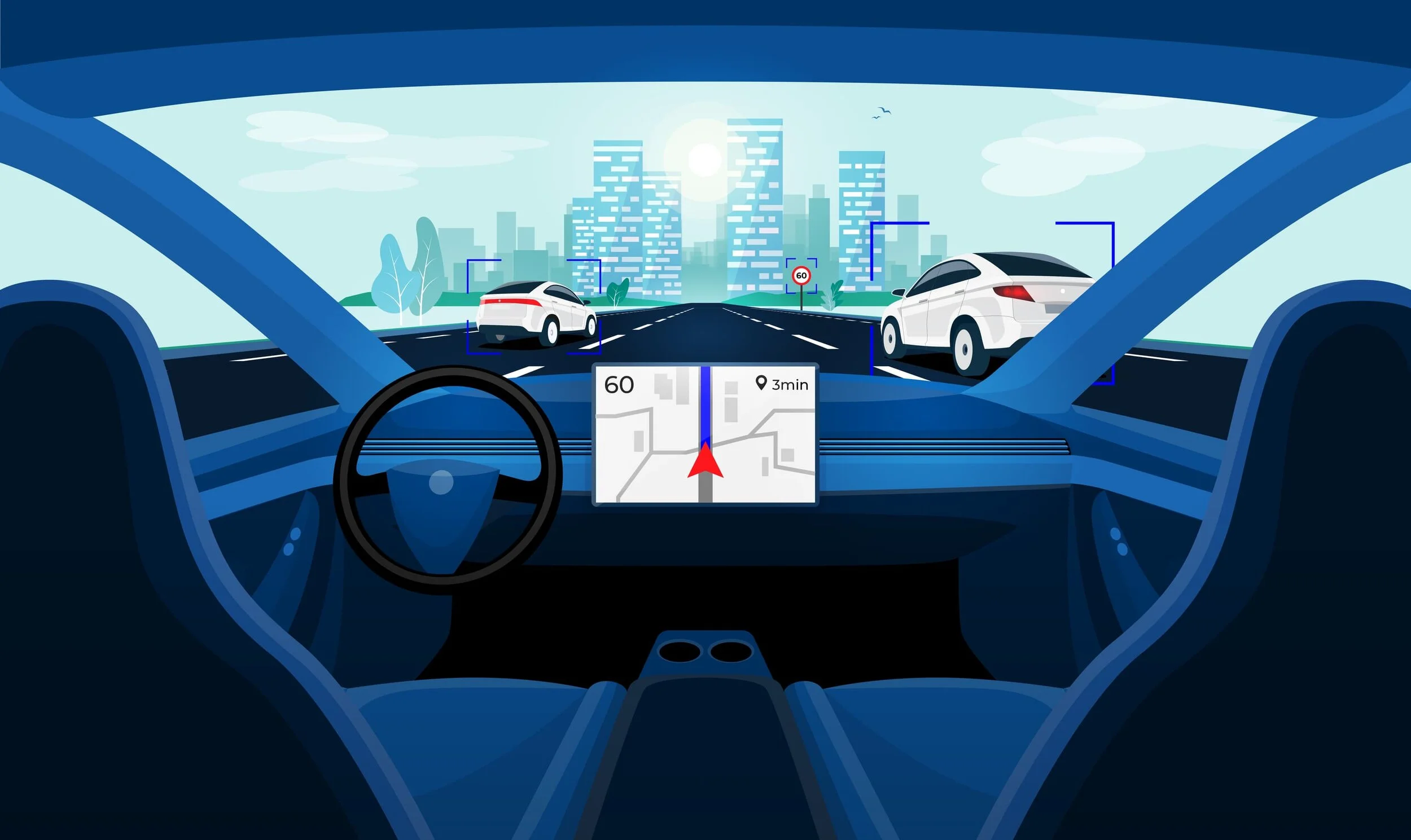Although experts predict that driverless cars will turn out to be safer than cars driven by humans, not enough miles have been driven yet to prove them right. California, along with other states, has enacted starter legislation to regulate the use of driverless cars.
Driverless Car Fatalities
The era of the driverless car is still in its infancy. As of January 2020, six fatalities have been reported, five of which occurred in the US. The future is uncertain, however. Will driverless cars halve the fatality rate or double it? If the accident rate doesn’t change dramatically, will consumers dare to ride in a driverless car that is just as safe as, but no safer than, a car driven by the average human driver?
Elaine Herzberg
Elaine Herzberg died in Tempe, Arizona in March 2018, and she remains the only pedestrian ever killed by a driverless car. In fact, the police report strongly indicates that the accident was mostly her fault. Nevertheless, the vehicle did indeed ‘see’ her in time to brake, but did not do so. The human backup driver did not even see her until it was too late. Uber, which was testing the vehicle at the time, immediately suspended all testing of driverless cars in Arizona.
Government Regulation of Self-Driving Cars
California state law requires the Division of Motor Vehicles (DMV) to create regulations for both testing and deployment of driverless cars. The DMV finalized a set of regulations in April 2018 (within days after Elaine Herzberg was killed). The DMV now enjoys the authority to issue permits for the use of driverless cars in California. The law and related regulations contain specific safety standards that must be met before a permit will be issued.
The federal government has issued guidelines concerning driverless cars, but these guidelines are voluntary rather than mandatory. It seems likely that the federal government will be content to leave regulation to individual states for the time being.
Product Liability
Currently, when a personal injury claim arises out of a car accident, it is usually filed against a driver (or, more precisely, his auto insurance company). In a few cases, the accident is caused by a defective product (such as defectively manufactured brakes), resulting in a product liability claim against the manufacturer. If driverless cars become prevalent, you can expect to see a dramatic increase in the number of vehicle accidents resolved through product liability claims against manufacturers, rather than ordinary personal injury claims against drivers.
We’re Waiting to Hear from You
The best way to solve a legal problem is to avoid it in the first place. If a problem has already arisen, however, you will be wanting to resolve it with a minimum of business disruption. Either way, contact CKB Vienna today. Feel free to call us; stop by one of our offices in Rancho Cucamonga, Riverside, and Los Angeles; or fill in our online contact form to schedule a consultation with us.

